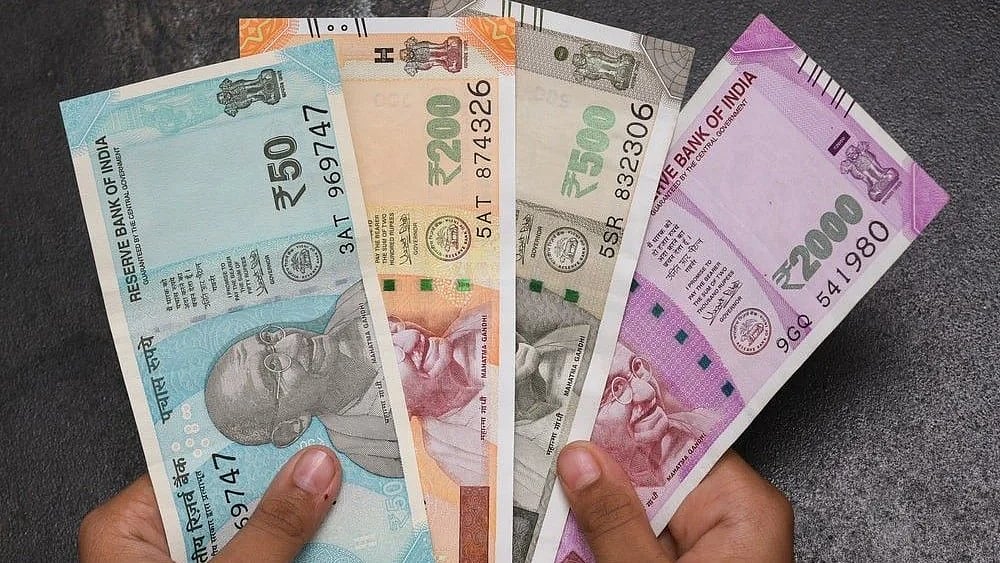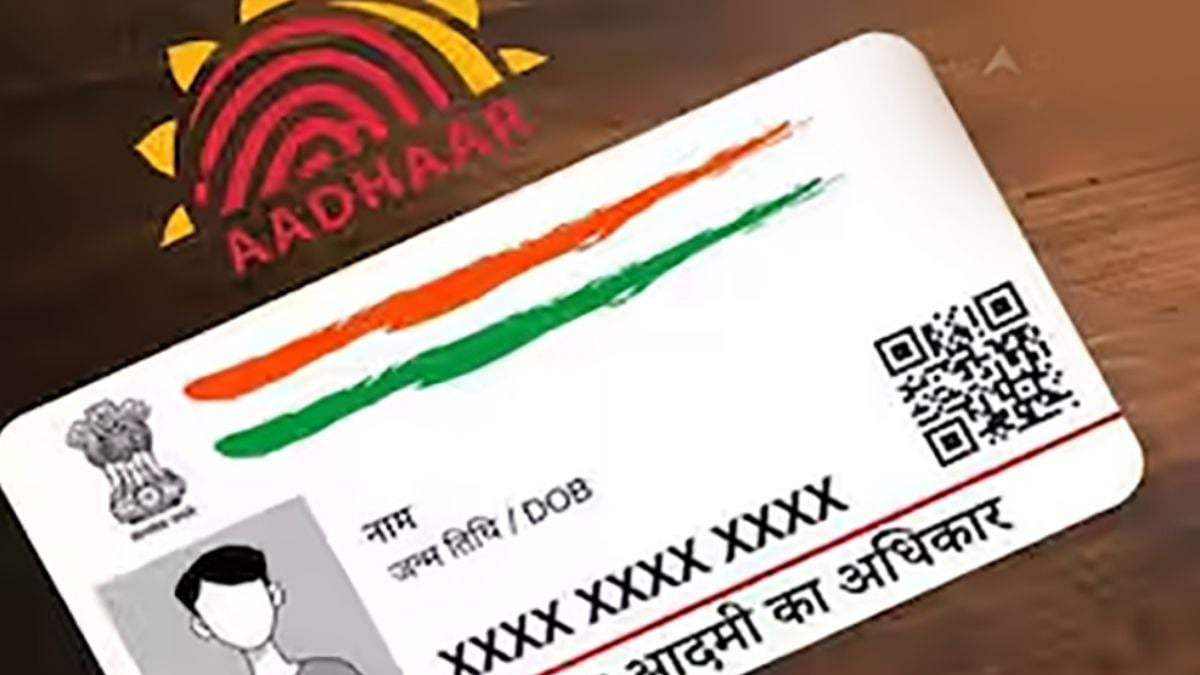A police probe into the Godhra NEET cheating scam has turned up transactions worth crores of rupees between 12 students, their parents, and the guilty individuals. The inquiry has shown the scope of money transactions coordinated to aid cheating in the National Eligibility-cum-Entrance Test (NEET) for undergraduate medical degrees.
Four of the 12 students implicated put ₹66 lakh into the bank account of Roy Overseas Company, operated by Parashuram Roy of Vadodara. Students also gave Tushar Bhatt and Parashuram Roy ₹2.82 crore in cheques. The investigation also revealed that three students gave Bhatt and Roy blank cheques, indicating a major monetary transaction for alleged misconduct in the NEET exam.
The police are painstakingly gathering evidence to determine whether the students and their parents were involved in the cheating plot. Based on the results, charges will be brought against those involved in the scandal.
This campaign tries to address the pervasive issue of academic dishonesty while also maintaining the integrity of entrance examinations.
The accused's bail hearing has been reserved.

Tushar Bhatt, the primary accused in the NEET fraud, has filed a routine bail application with the District Court of Godhra. After hearing the arguments, the District Judge withheld judgment. Previously, on June 10, Chief Principal District Sessions Judge CK Chauhan denied Bhatt's normal bail request.

In his decision, Judge Chauhan stressed the importance of education, describing it as a sacred and noble profession. He criticized the conduct of colluding to cheat on college entrance exams, calling it a heinous evil that affects the entire country.
Given the nature of the offense, the court found it unacceptable to issue normal bail to anyone implicated in such malpractices.
The continuous investigation and judicial procedures demonstrate the seriousness with which authorities are handling the NEET cheating problem. The discovery of financial transactions demonstrates the organized character of the deception, which involved large sums of money to influence the conclusion of a critical examination.




